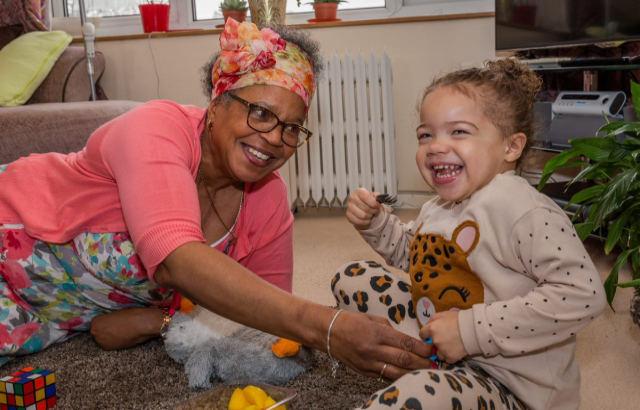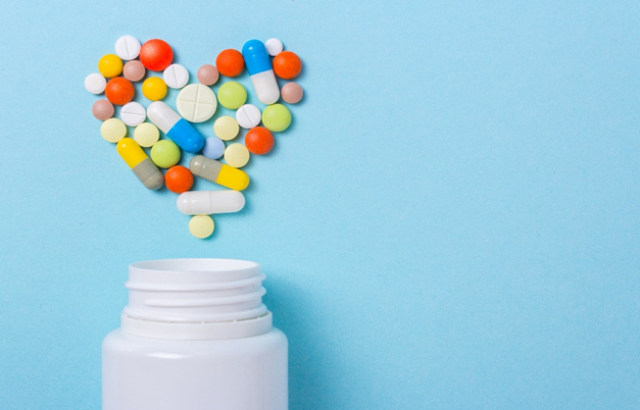
I was diagnosed with high blood pressure and now I'm healthier than I've ever been


Bettina Wallace was shocked and confused when she was diagnosed with high blood pressure by her GP. She thought “High blood pressure? I don’t think so! I eat healthily and take care of myself. This sort of thing shouldn’t affect me.”

It was a normal commuting day when Bettina realised something was really wrong. “I got on the train with a friend, and I started to feel unwell and hot. The next thing I knew I was on the floor with people surrounding me calling to stop the train.” Bettina later visited her GP to find out why she had suddenly collapsed. “I was diagnosed with high blood pressure, and that’s when I realised that I’m going to be taking pills for the rest of my life.”
Bettina decided to make lifestyle changes after her diagnosis. “I started doing more exercise and volunteered with a local BHF community project, learning and sharing tips for healthy lifestyle changes,” she says. “I really cut down on salt that is so popular in Caribbean cooking and instead I started using herbs and spices.” Bettina’s blood pressure is now at its lowest recorded level yet. “I’m looking forward to a healthy future and spending more time with my grandchildren.”
Does the time you take your blood pressure medication matter?
Could changing the time of day you take blood pressure medications improve their effectiveness? Professor Tom MacDonald and his team at Dundee University are looking to find the answer with their TIME clinical trial.

Heart and circulatory diseases kill 1 in 4 people in the UK, and high blood pressure is one of the most common causes for it. Left untreated, having high blood pressure significantly increases the risk of a heart attack or stroke. However, once diagnosed it can be managed well with medications.
Now, a team of BHF researchers led by Professor Tom MacDonald aim to find out if taking blood pressure tablets in the morning or the evening could reduce the risks of events such as heart attack and stroke.
The purpose of their research is to study patients taking once-a-day blood pressure medication and establish whether night-time dosing is better or worse than morning treatment in preventing heart and circulatory events. Participants will be randomly allocated into two groups; one will take their blood pressure tablets at night, while the other group takes theirs in the morning.
Do you want to hear more from Bettina Wallace and Professor Tom MacDonald?

